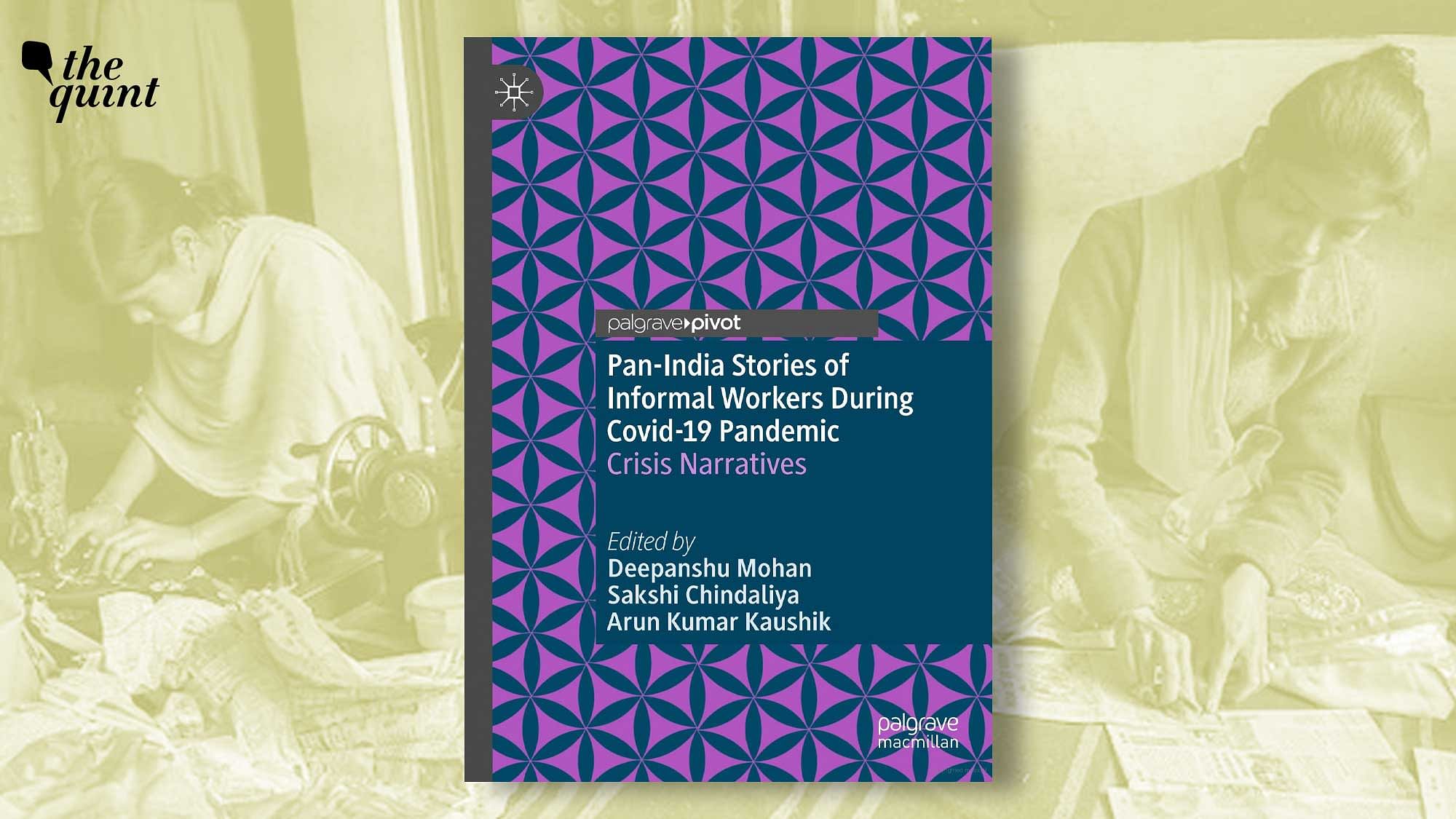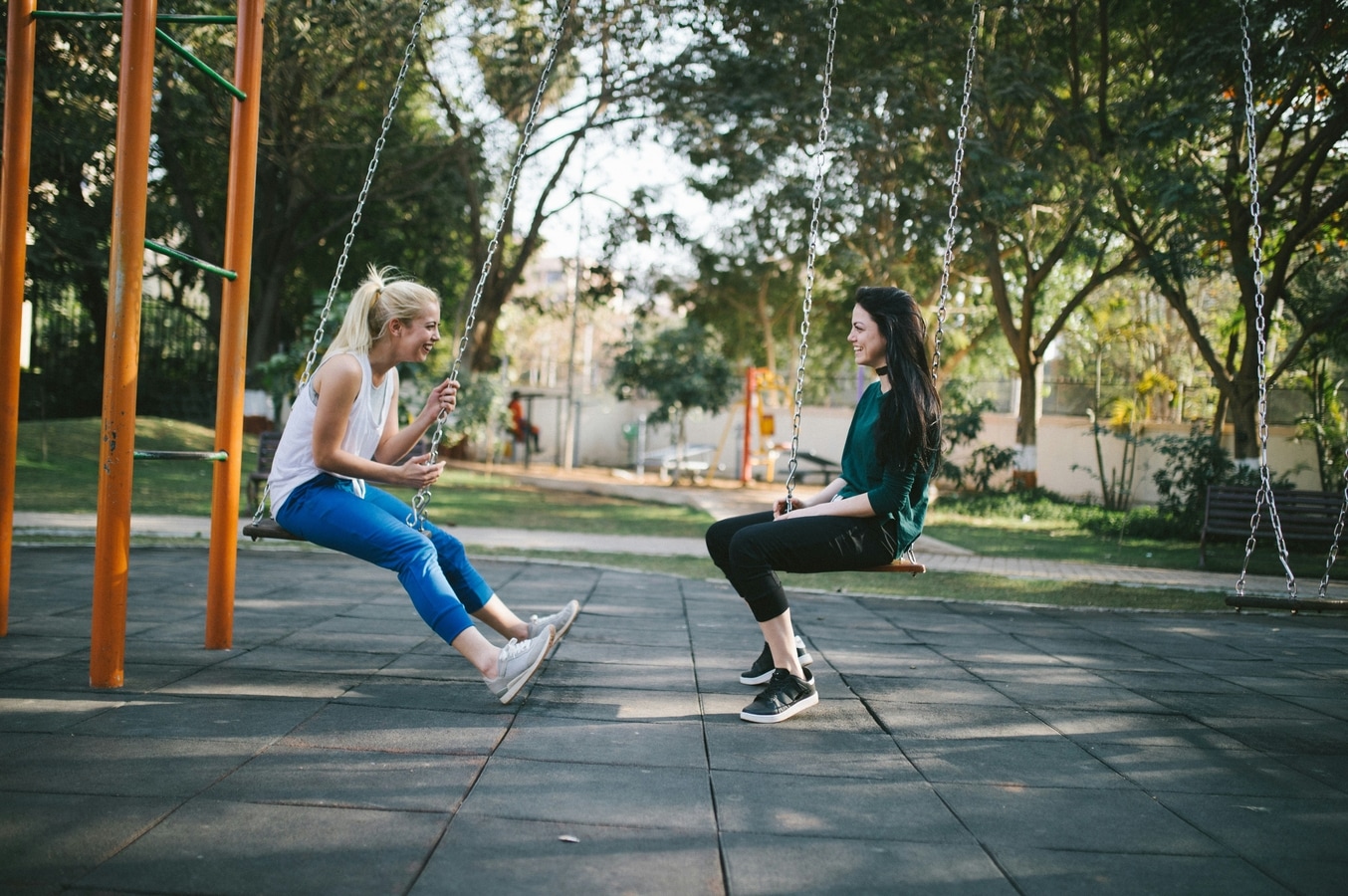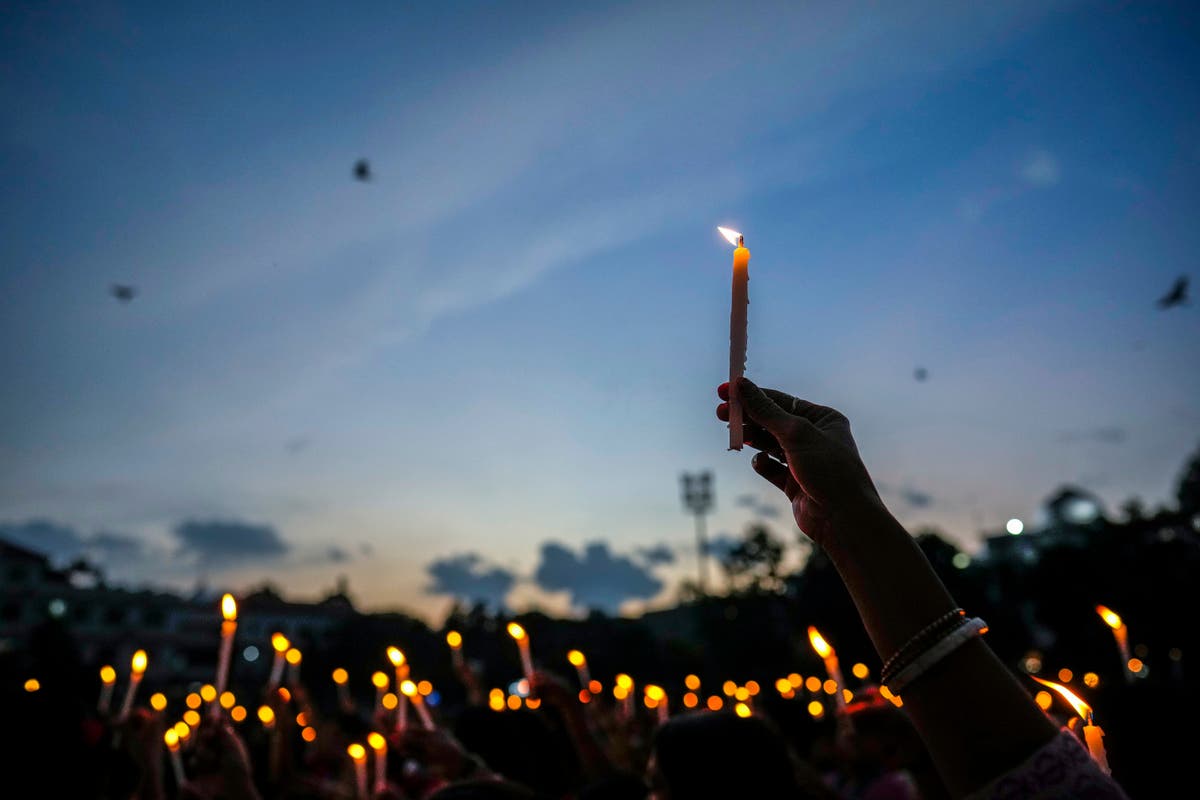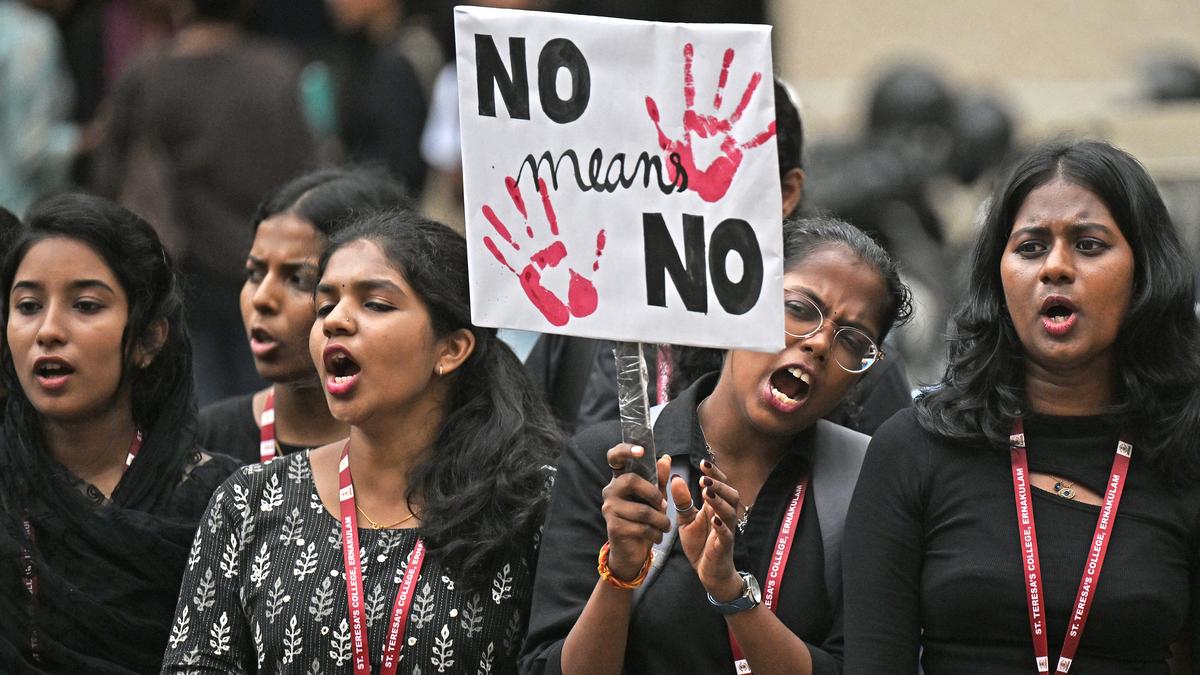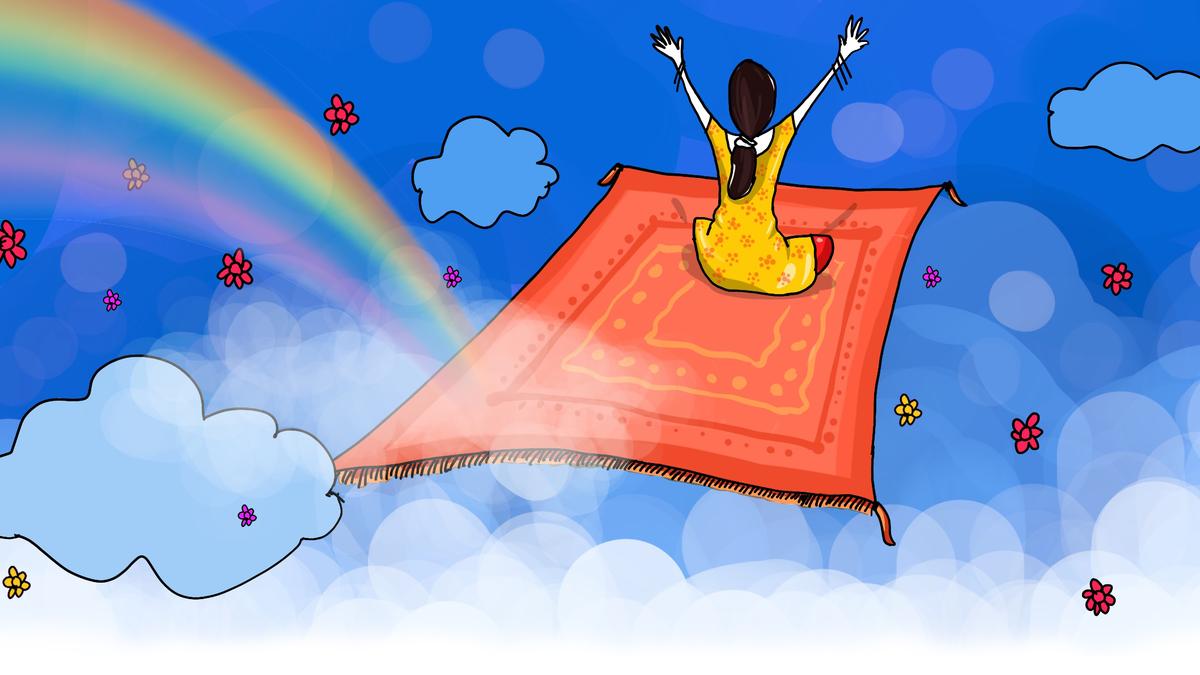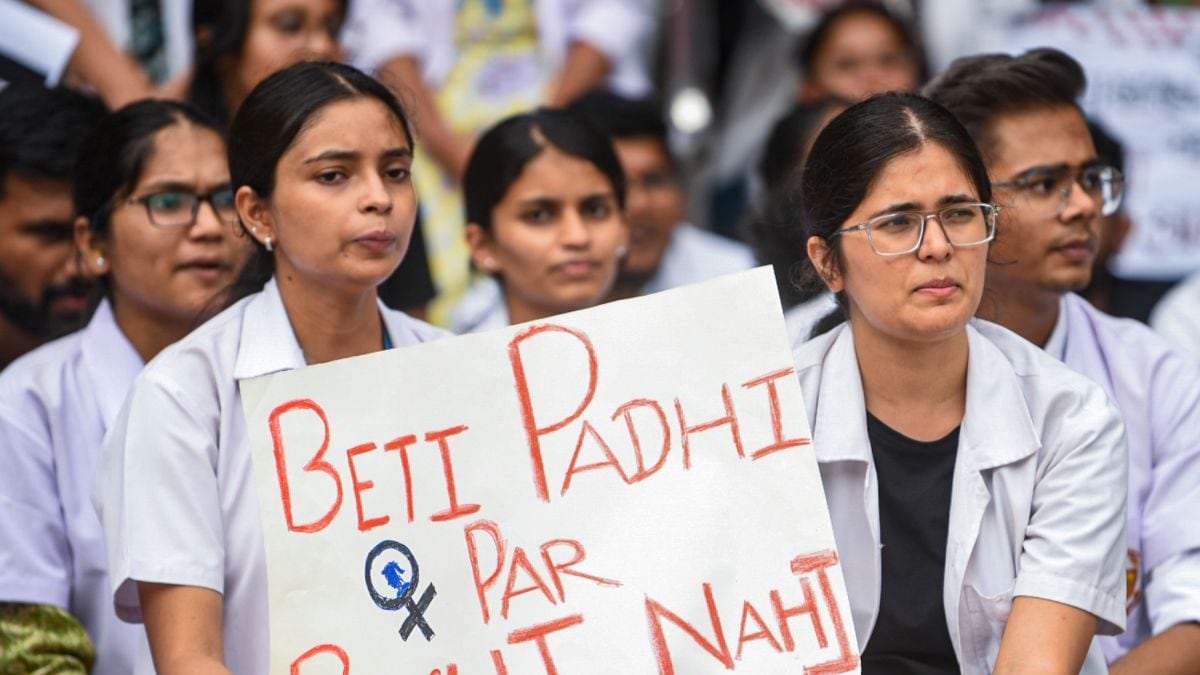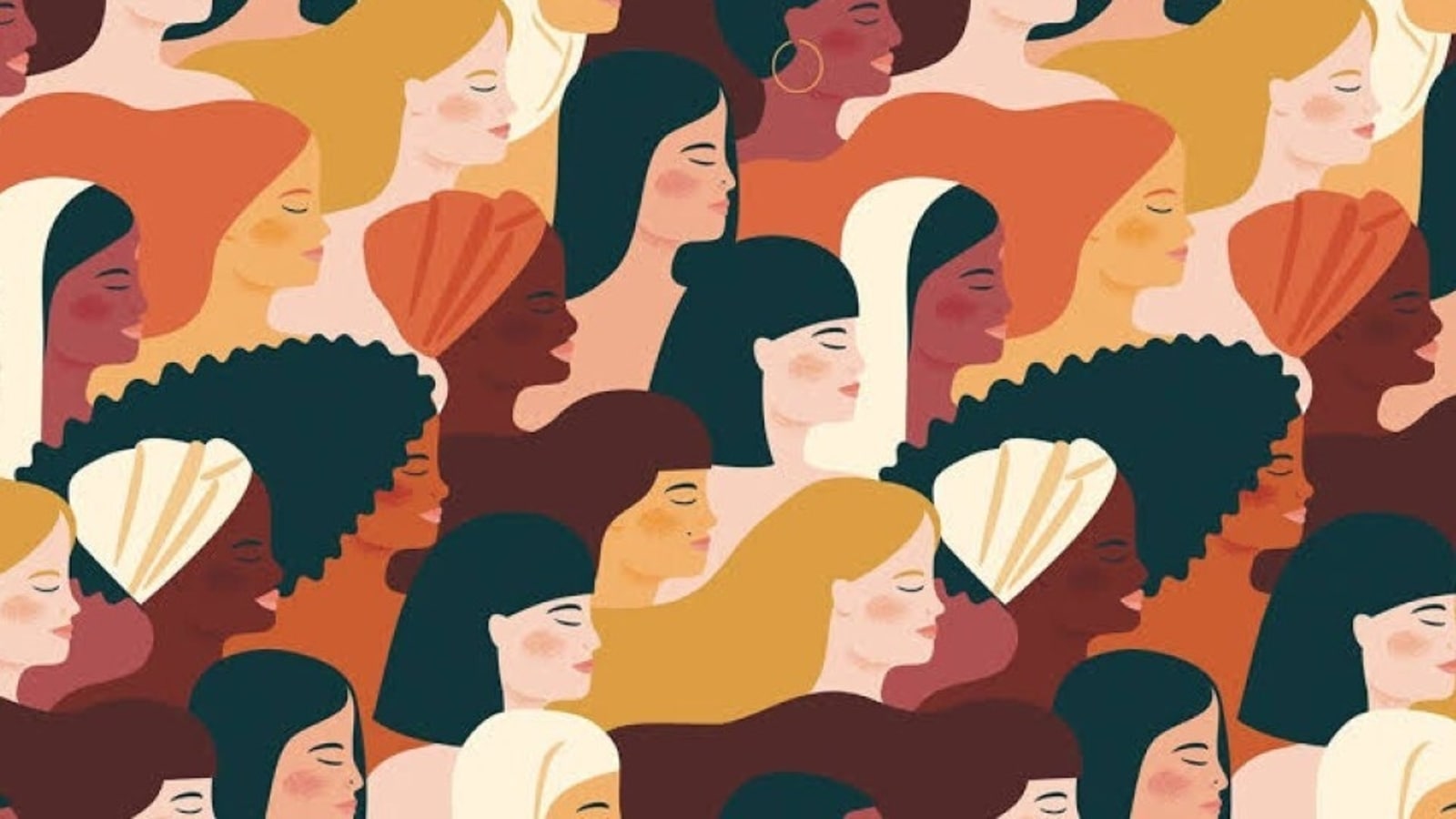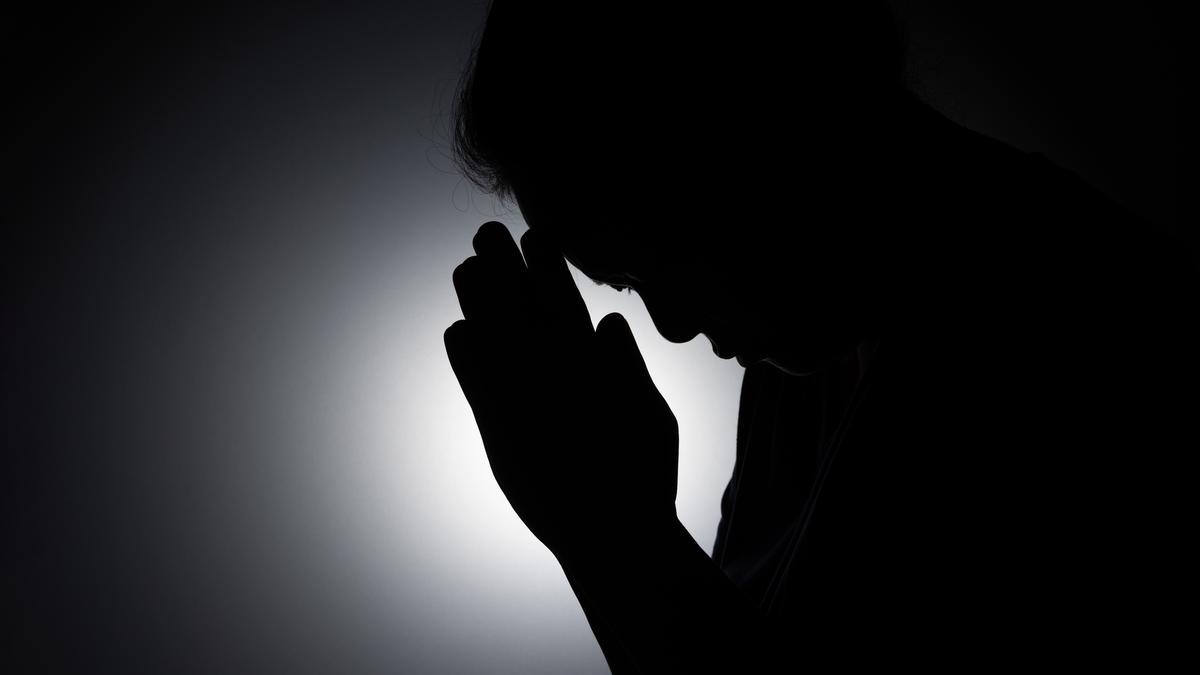
Refugee rights, the gendered nature of displacement
The HinduArmed conflict, violence, human rights abuses, and persecution compel millions across the world to flee their homes and homelands for survival, and become ‘displaced people’ in the process. In seeking these limited options as well, refugee women encounter challenges such as stigma, feelings of shame, communication barriers, and limited mental health literacy and awareness of available services. The UNCRPD also recognises that ‘women and girls with disabilities are subject to multiple discrimination’ and mandates measures to ensure ‘full and equal enjoyment by them of all human rights and fundamental freedoms’. While the term ‘psychosocial disability’ is not yet a part of the country’s legislative parlance, “mental illness” is used to describe ‘a substantial disorder of thinking, mood, perception, orientation or memory that grossly impairs judgement, behaviour, capacity to recognise reality or ability to meet the ordinary demands of life…’ Persons with ‘mental illness’, as a category of persons with disabilities, are guaranteed a host of rights under the RPWDA, including the right to health care, encompassing free and barrier-free access besides priority in attendance and treatment. Consequently, in the absence of any express guarantees extending the purview of the RPWDA to refugees with disabilities or safeguarding their interests as per the UNCRPD, refugee women with ‘psychosocial disability’ or “mental illness” despite being guaranteed the right to health remain unable to realise it.
History of this topic
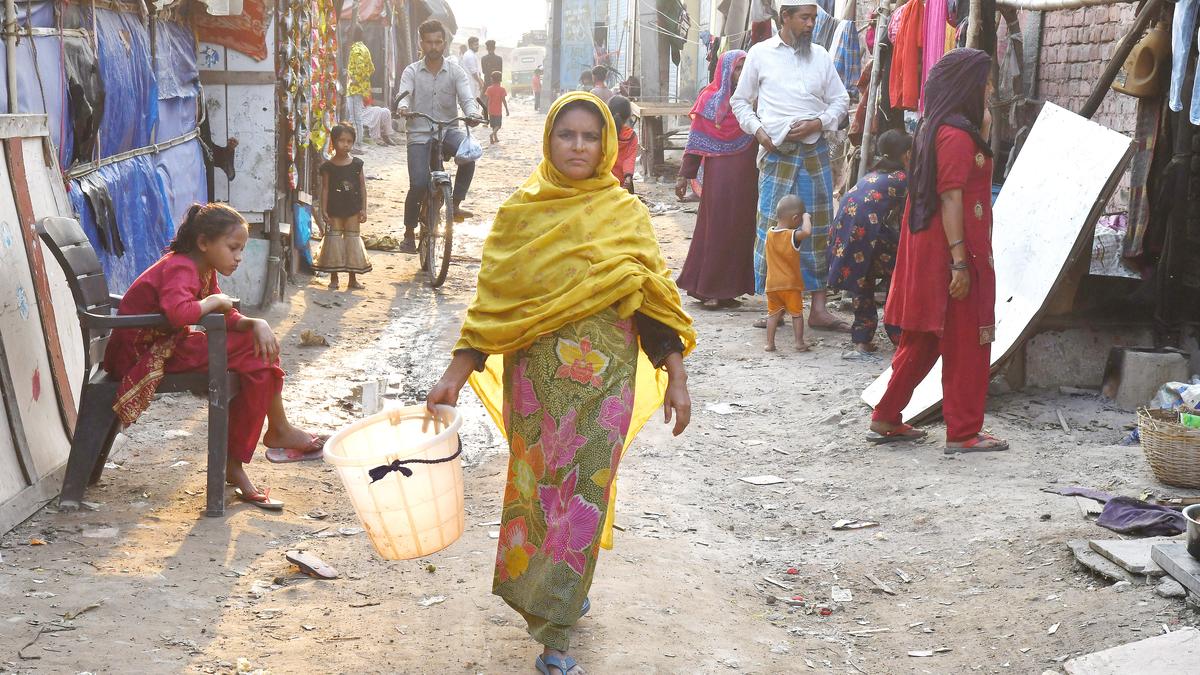
Invisible suffering of Rohingya refugees
The Hindu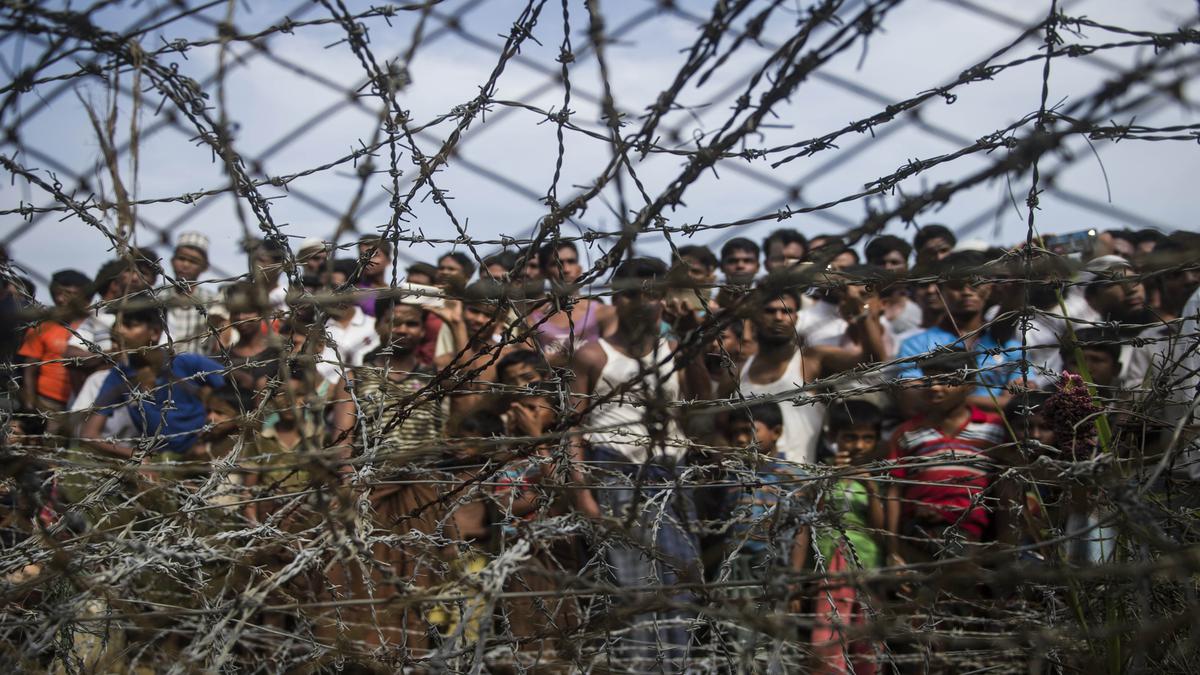
A place for all refugees under India’s welfare umbrella
The Hindu
Women's panel launches study on plight of Hindu women refugees living in Delhi's Majnu ka Tila
India Today
Sexist Expectations, Social Stigma: Why Decent Mental Healthcare Remains Beyond Indian Woman's Reach
News 18)
India's 72 Years of Independence: A Look at Women with Disabilities and Their Fight for Self-Reliance
News 18Discover Related
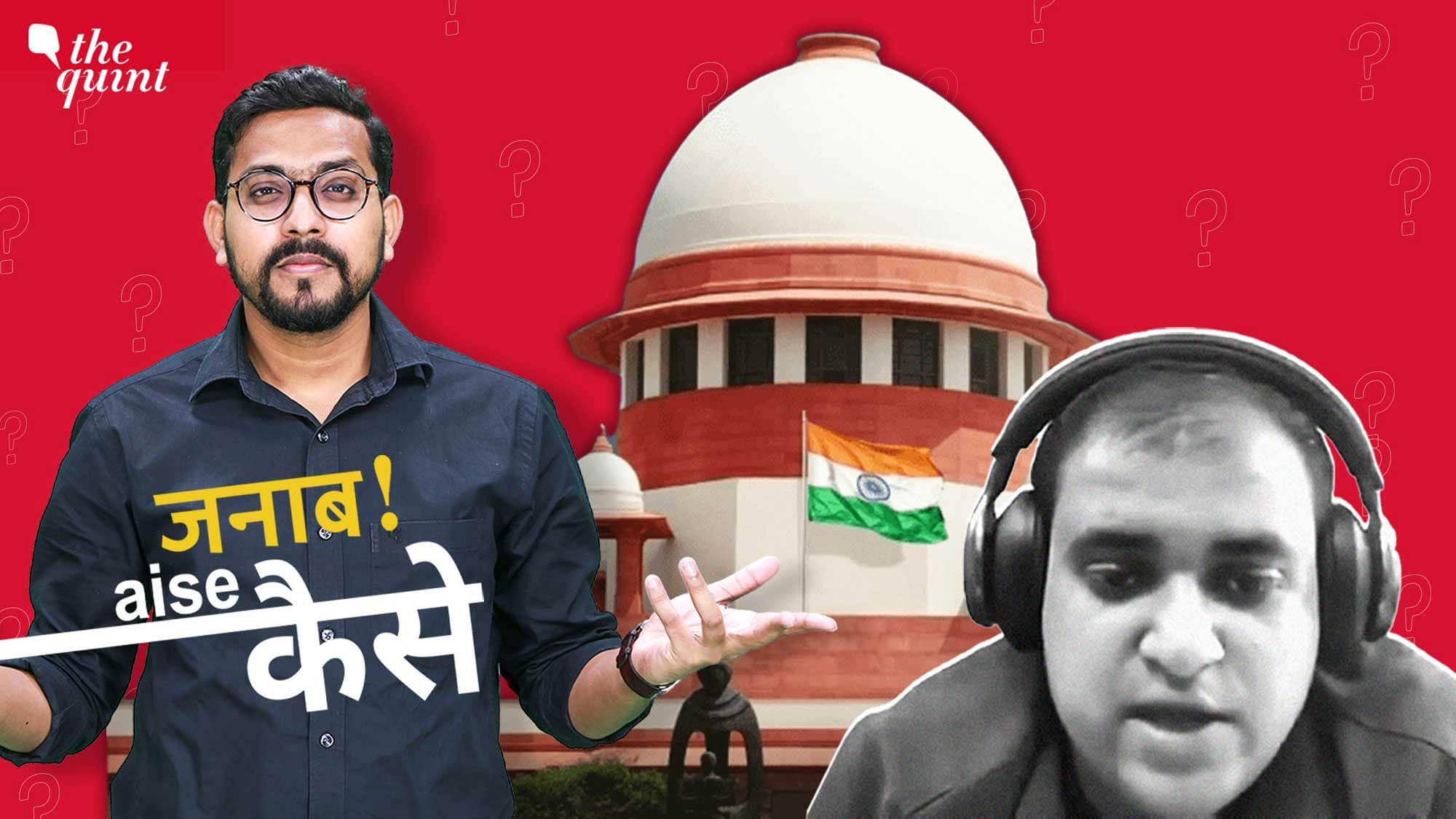
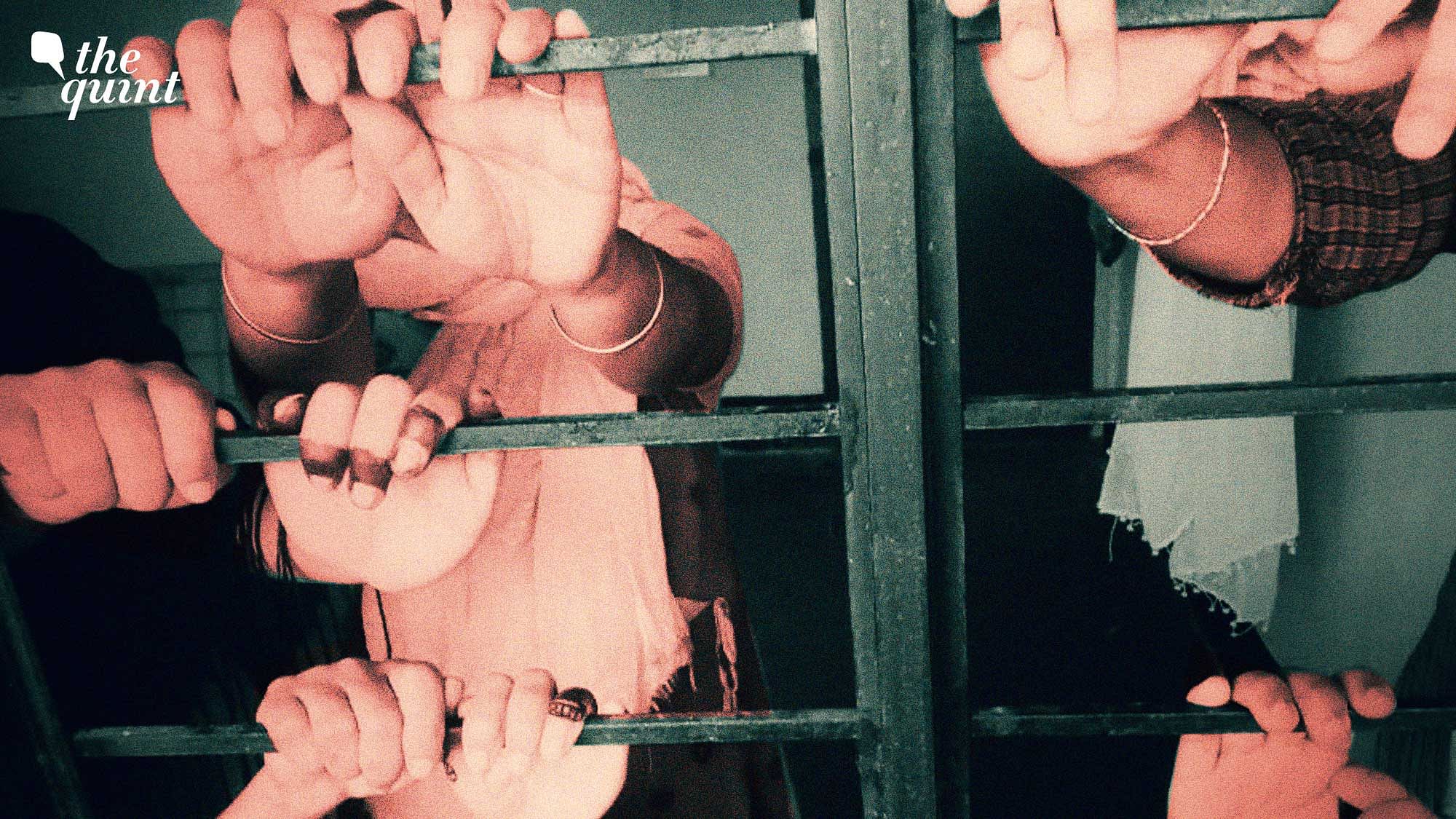
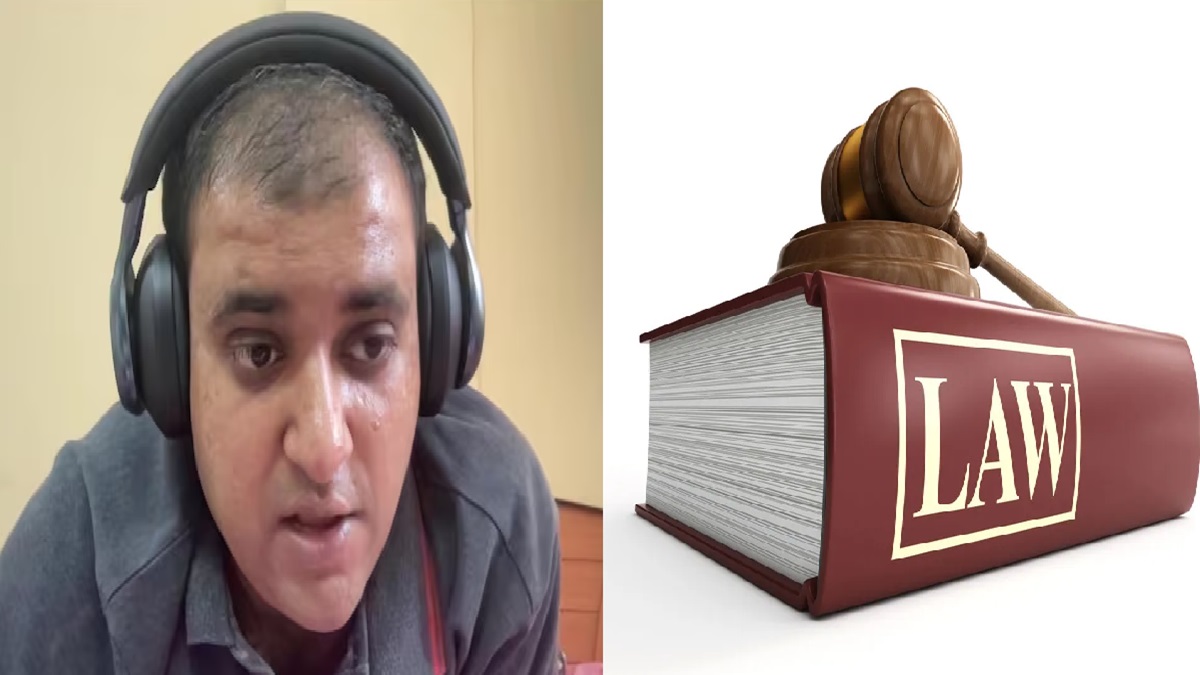
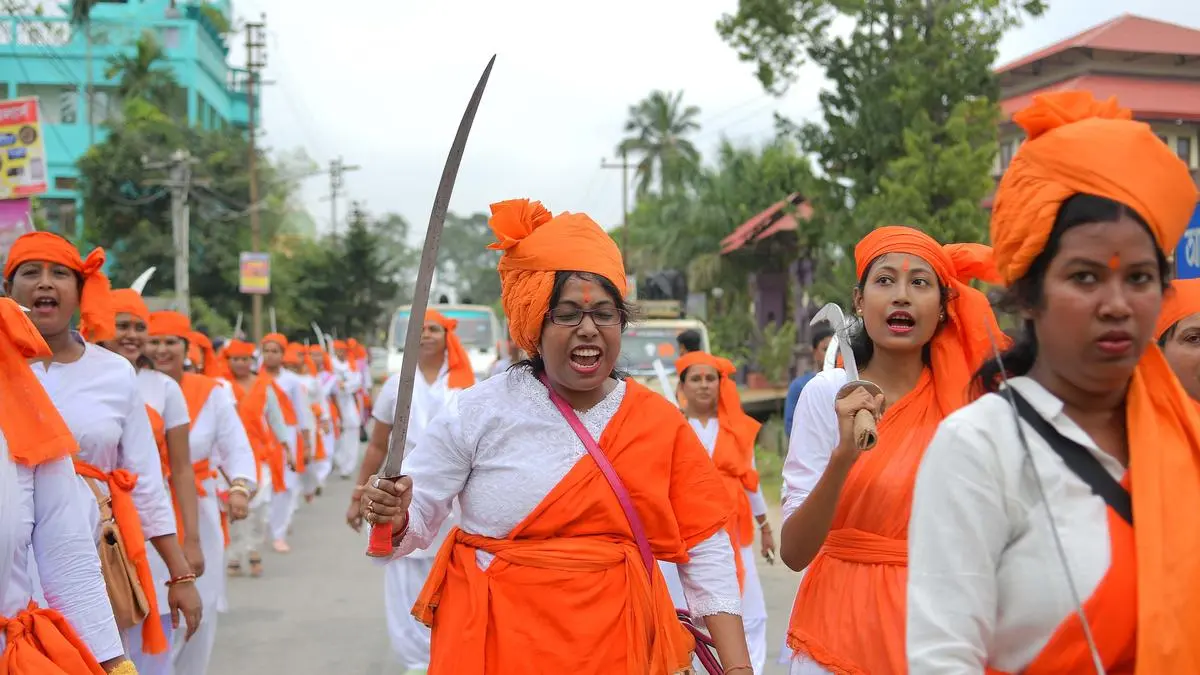
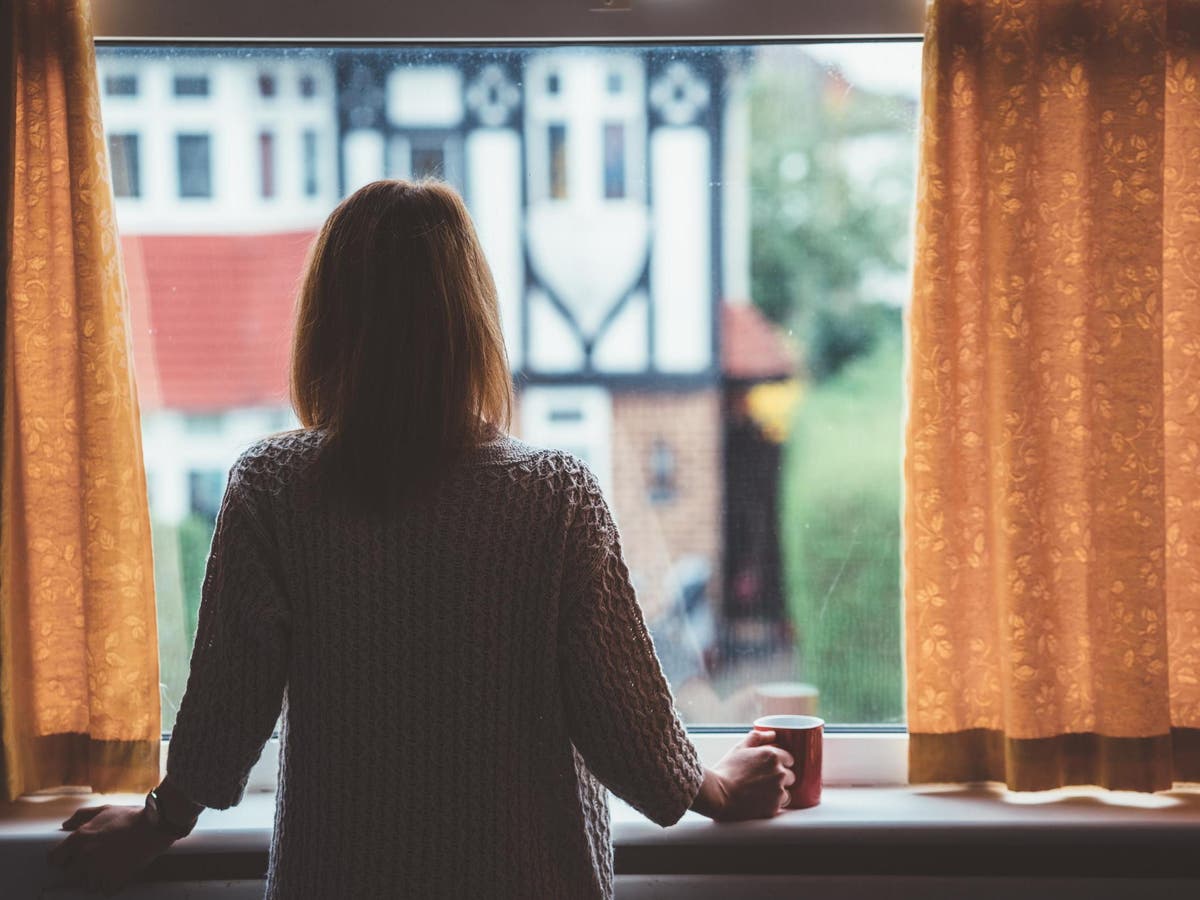
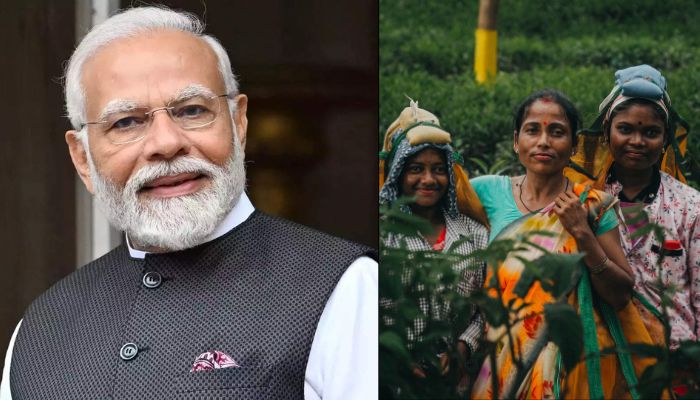
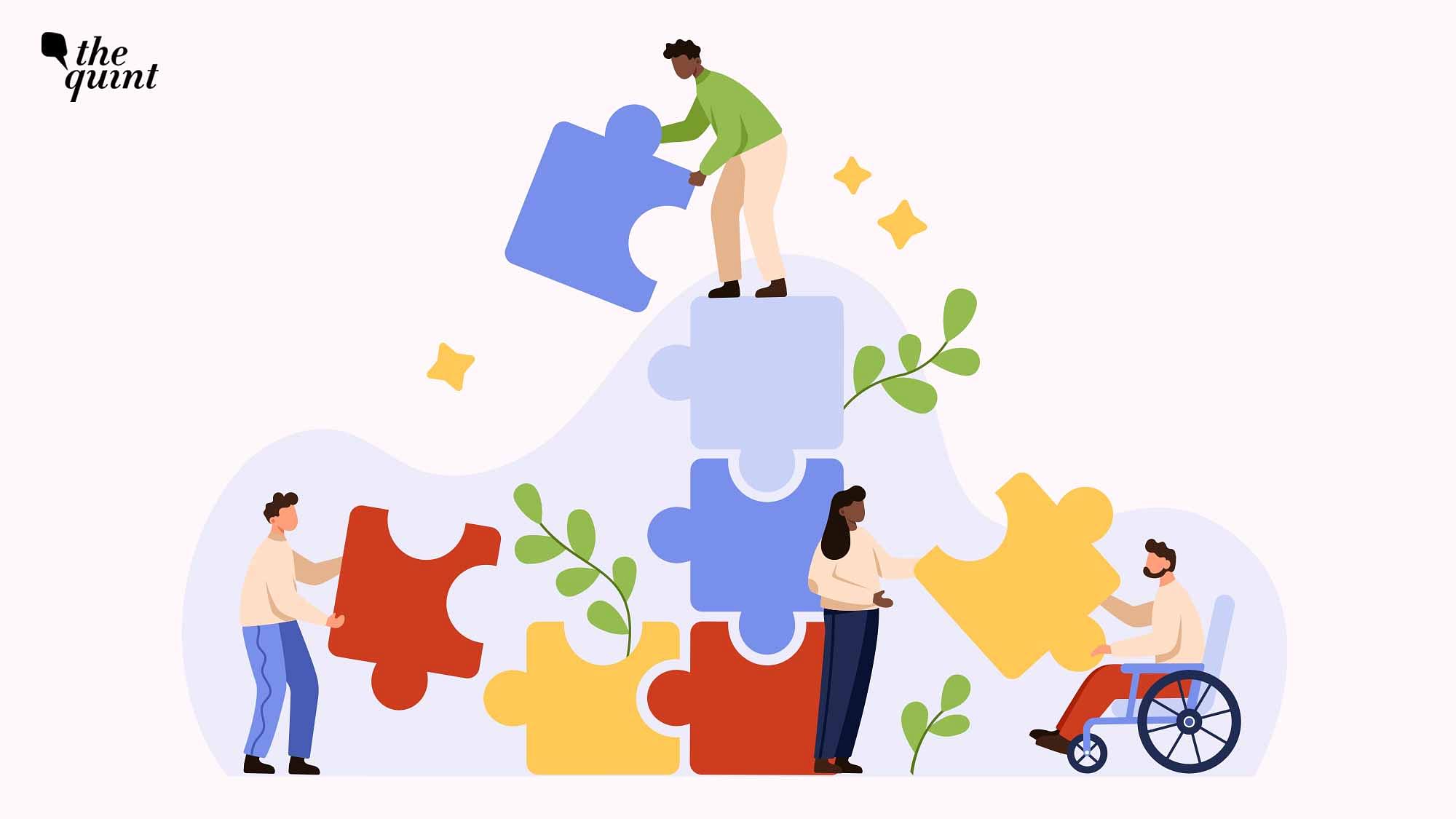








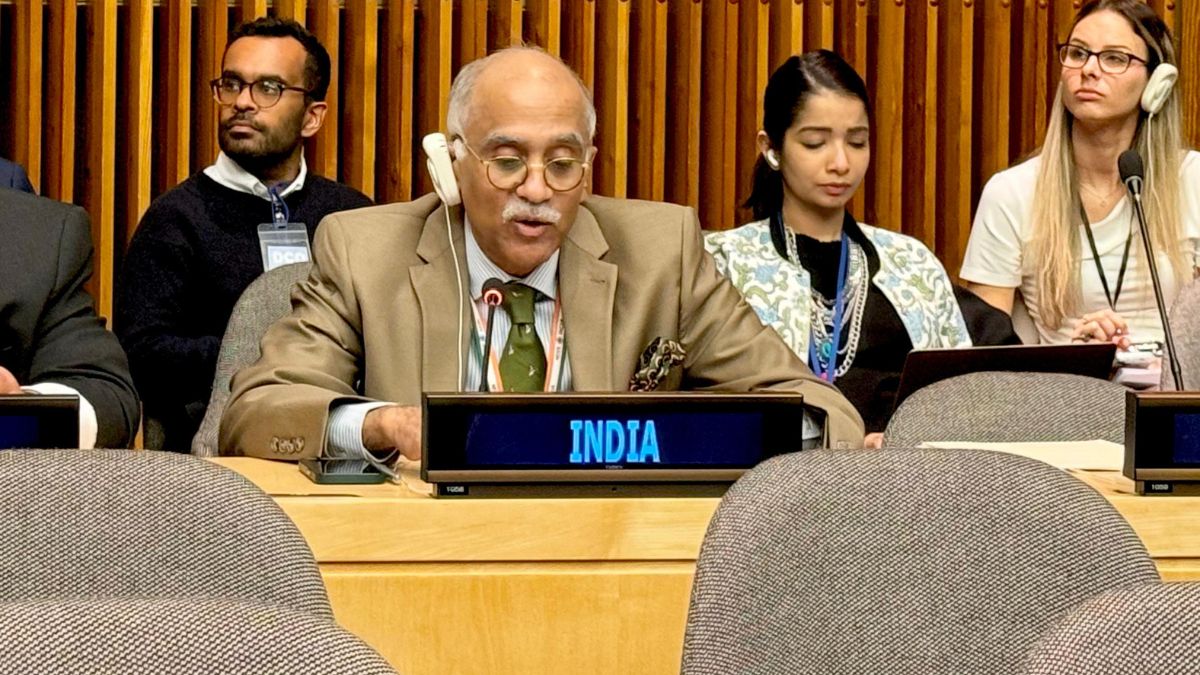
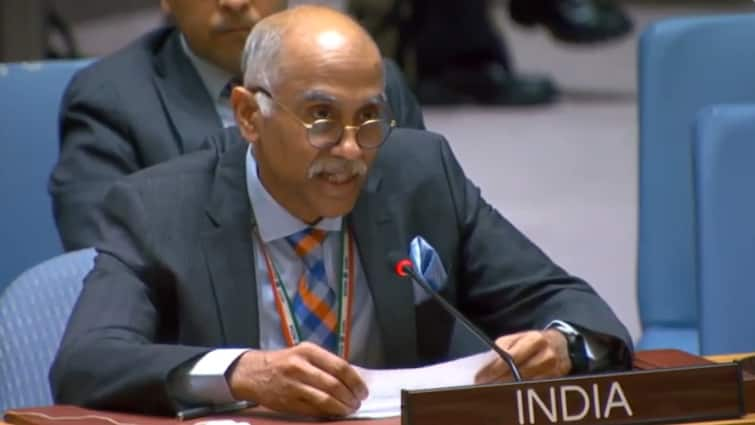


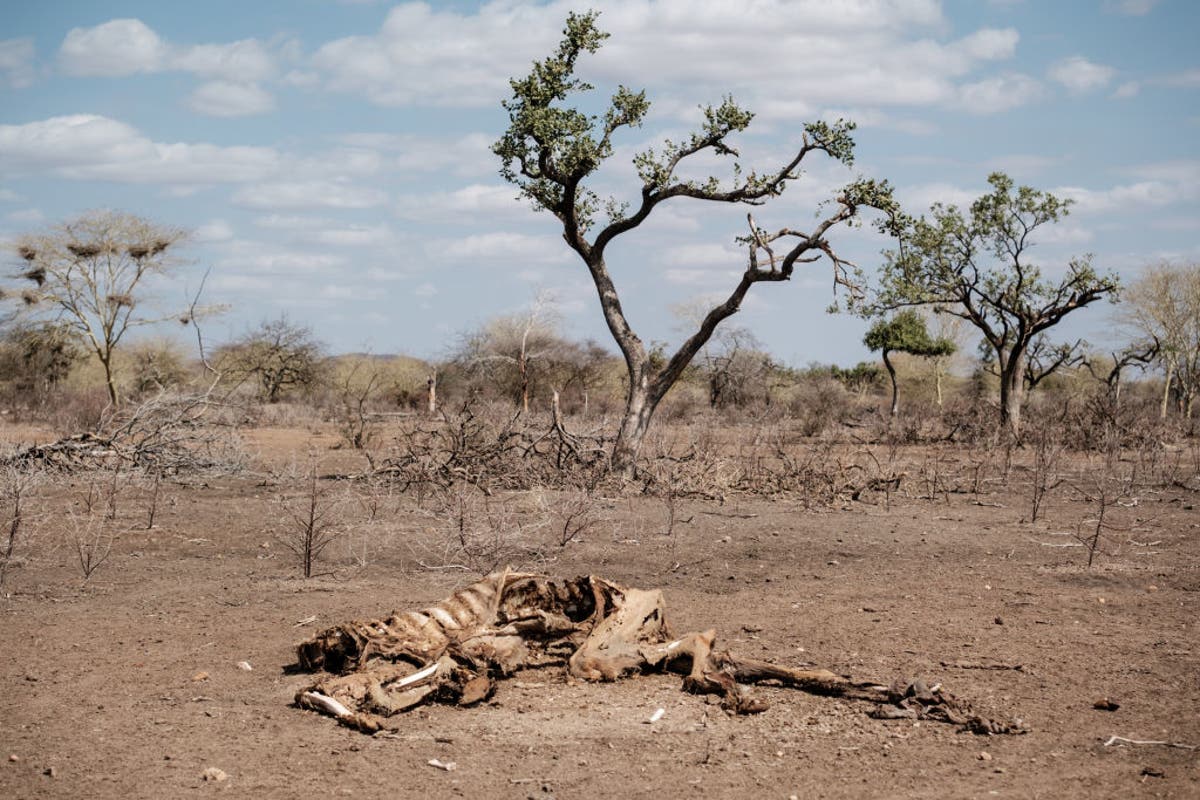
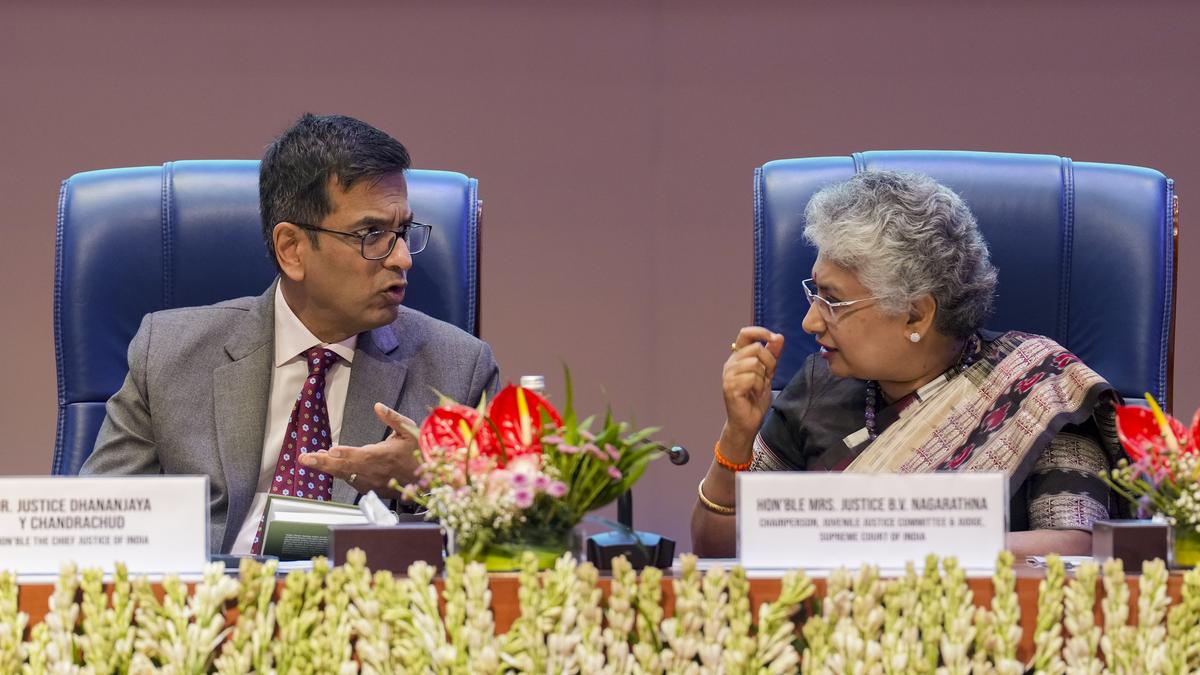
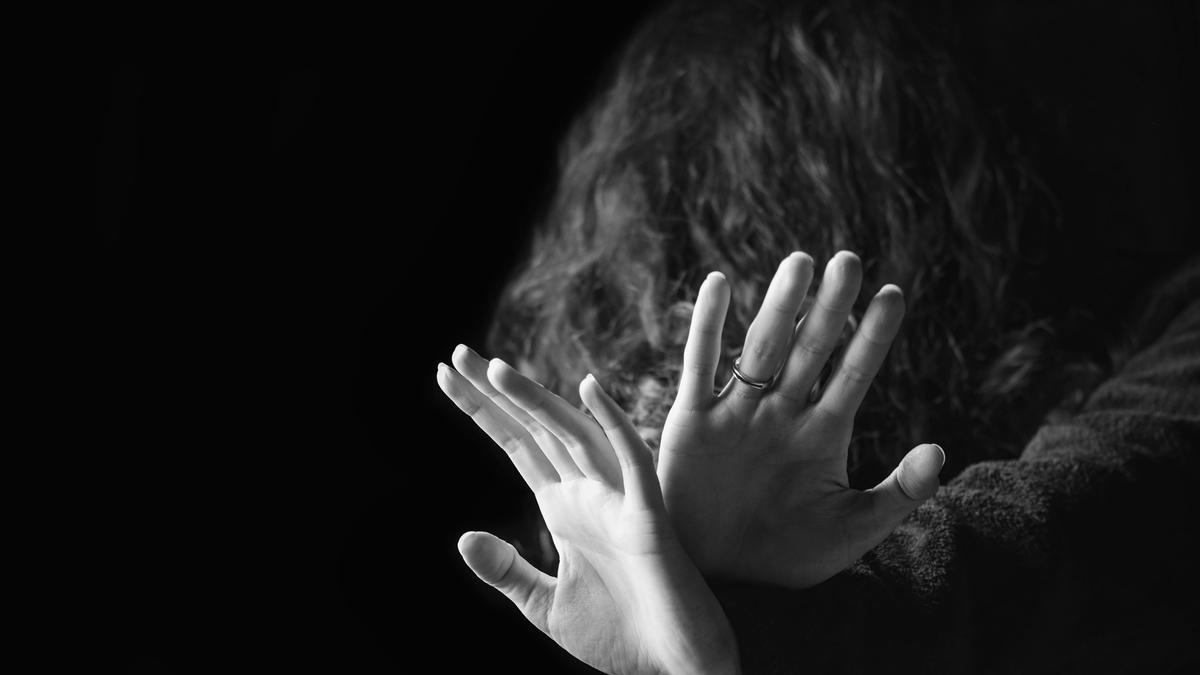

)



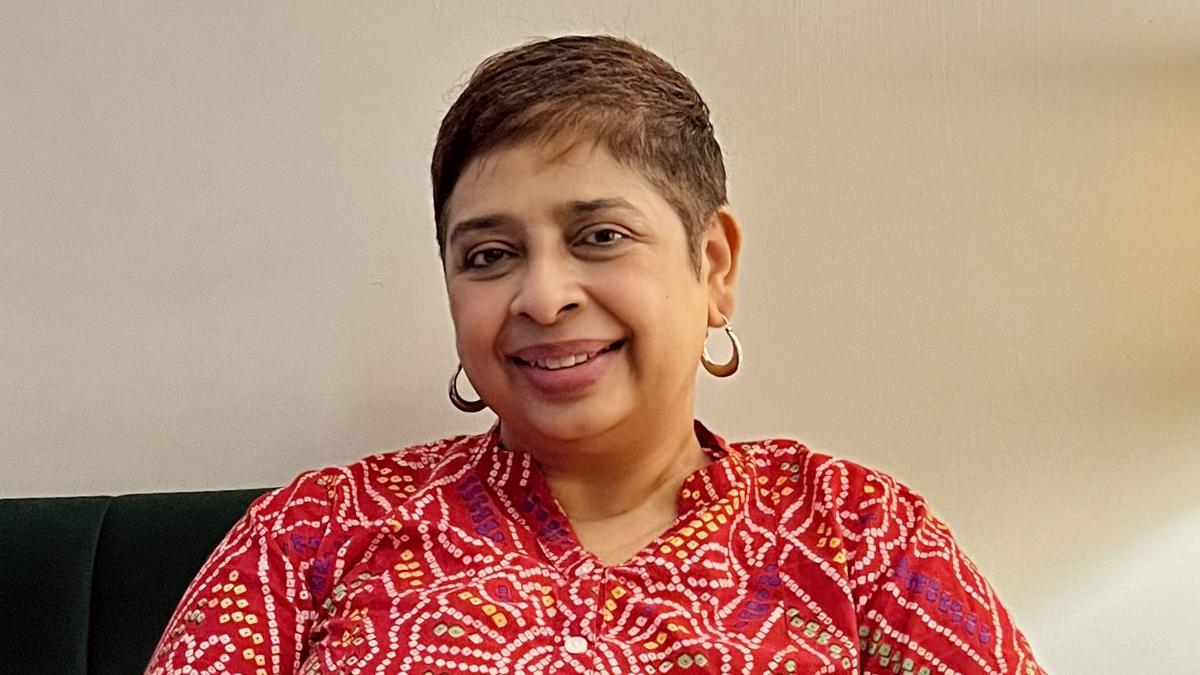

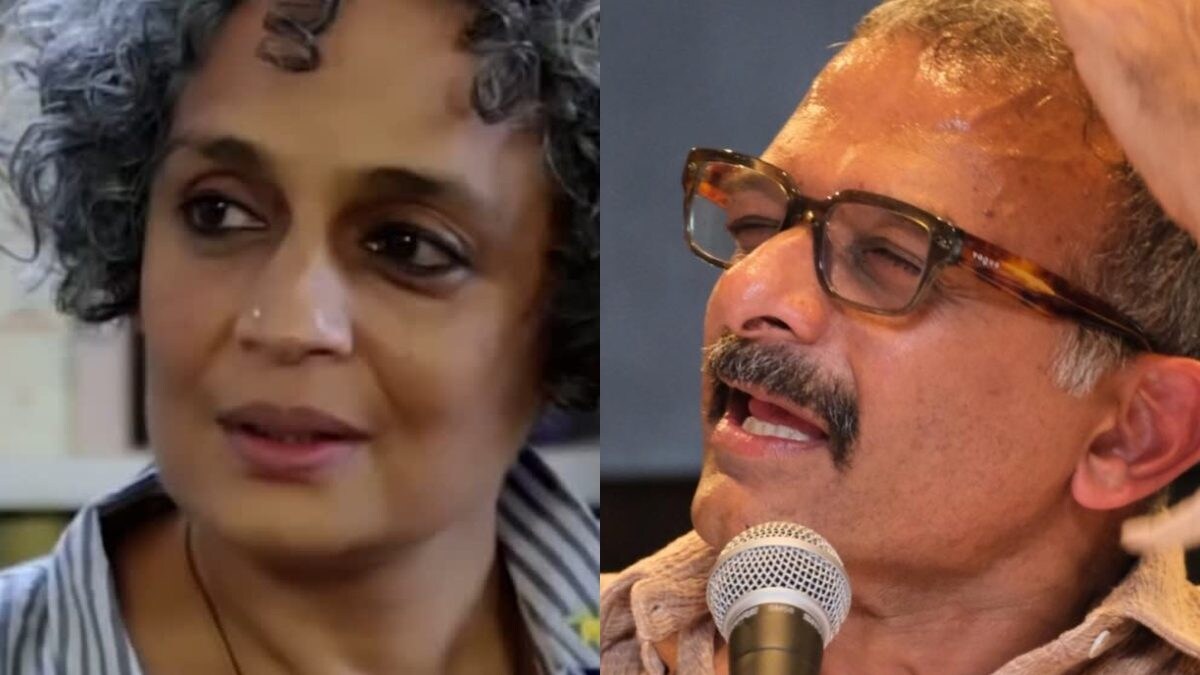

.jpg?w=1200&ar=40%3A21&auto=format%2Ccompress&ogImage=true&mode=crop&enlarge=true&overlay=false&overlay_position=bottom&overlay_width=100)
